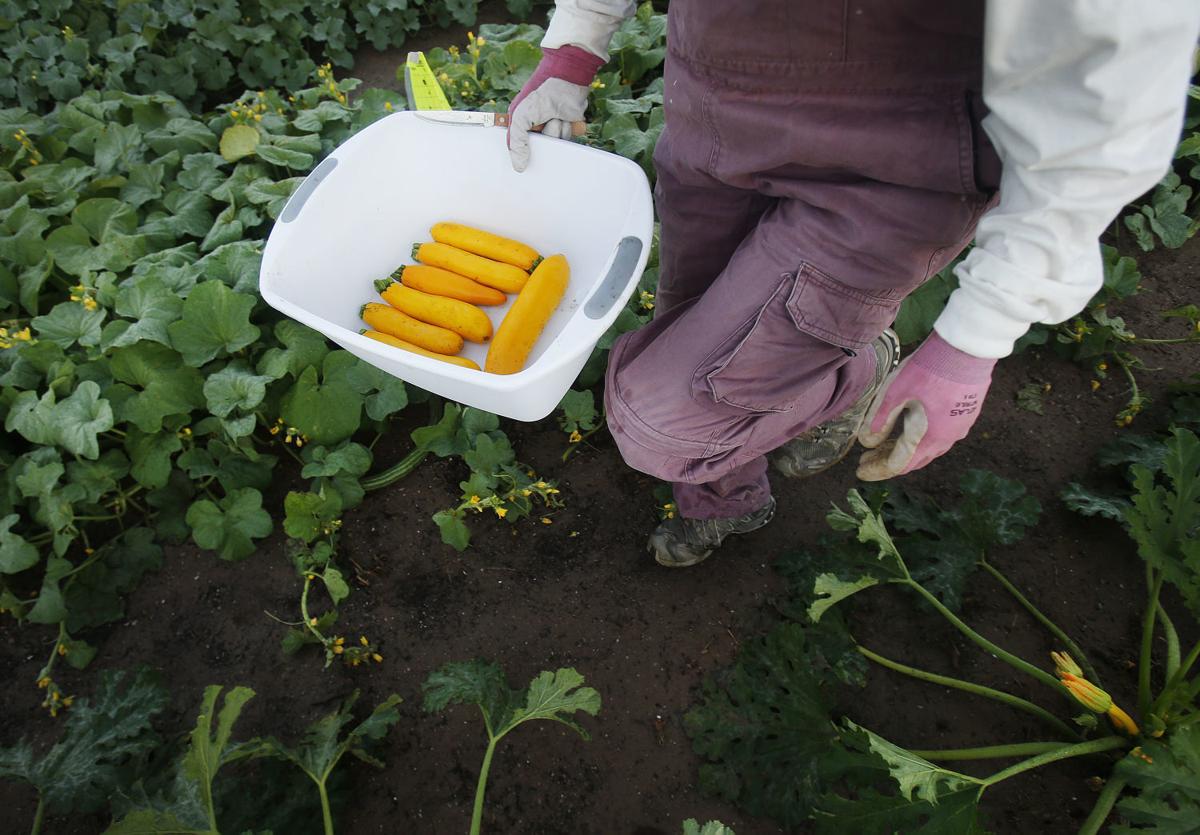PHOENIX — The mere claim by a farmer or rancher of an intent to make a profit — someday — is enough to qualify the property for a tax break, the state Court of Appeals has ruled.
In a ruling released Tuesday, judges rejected arguments by Pinal County Assessor Douglas Wolf that landowners should have to provide more than a simple assertion of a reasonable expectation of a profit to have the property classified as agricultural.
Judge Kent Cattani, writing for the unanimous three-judge panel, said a 2012 law pushed through by ranching interests makes the affidavit sufficient.
Cattani also said the fact the land was used for ranching in just three out of the five prior years does not mean it loses that agricultural classification, again citing the way the Legislature crafted the law. The ruling is more than academic.
It most immediately helps the owners of about 2,000 acres escape the possibility of having their property classified as vacant land, a classification that would require them to pay more in taxes.
And it also means that other ranchers elsewhere in the state can now depend on the same ruling to argue that their mere expectation they will make a profit is sufficient to preserve their lower-cost agricultural classification.
There’s another bit of fallout.
Property taxes for most jurisdictions are a zero-sum gain, with local governments entitled to raise a set amount of money. That means they divide the anticipated tax revenues into the total assessed valuation of the area to come up with a tax rate.
If some landowners have a lower assessment, that lowers the district’s overall valuation. And that, in turn, requires a higher tax rate on the remaining properties.
There was no immediate response from Wolf through his attorney.
But Kevin McCarthy, president of the Arizona Tax Research Association, said the ruling makes sense. He said assessors are required to follow state law on how property is valued and not to impose new rules, even if they think the system is unfair.
At issue is about 2,000 acres of cattle grazing land in Pinal County, located on multiple noncontiguous parcels, owned by a limited liability company.
For the 2014 tax year, the assessor classified the property as vacant land. That means it is valued at what the land would bring in a sale.
But the state Tax Court reversed the classification, saying the property is entitled to be declared agricultural. That means its value for tax purposes is set at the amount of income it produces, a figure that can be a lot less, especially in developing areas where the value of vacant land is increasing.
In an appeal, the county acknowledged the owner did sign an affidavit saying the property is “actively producing with an expectation of profit.” That is all the 2012 law supported by agricultural interests requires.
But attorney Roberta Livesay, representing the county, argued that could not have possibly been what the Legislature intended, saying it creates the “absurd result” of concluding that the Legislature intended that even a false affidavit would preclude presentation of evidence showing that the special tax treatment was improper. She also said it also impermissibly binds courts and creates an inequity that allows some landowners to gain an unfair tax advantage.
Cattani and his colleagues were not buying it.
“These arguments are unavailing in the face of clear and mandatory statutory language stating that the reasonable expectation of operation profit requirement (to get the tax break) ‘shall be satisfied’ if the owner signs and submits the appropriate affidavit,” he wrote.
Anyway, Cattani said, the Legislature has pretty much free rein in creating conditions for landowners to obtain favorable tax treatment while also dictating what method shows compliance.
In fact, he said, the Legislature could have chosen to give favorable tax treatment to all agricultural land without any requirement at all for owners to say they reasonably expect to make a profit.
The judge also pointed out that there are penalties for property owners who provide false information, including the ability of assessors to go back and recoup taxes that should have been paid.
“Thus, if the county is concerned that a taxpayer has filed a fraudulent affidavit, the county can take remedial action,” Cattani wrote. “But in classifying property for tax purposes, the county cannot ignore the directive of (the law) that the affidavit satisfies the reasonable expectation of operating profit requirement.”
The ruling comes even as legislators have further expanded the ability of farmers to keep their agricultural classification.
In general, the law requires a showing that the land was used for farming or ranching for at least three of the prior five years. But lawmakers approved a new statute saying the agricultural classification remains — without a time limit — due to a reduction in the available water supply.
That change was specifically sought by Pinal farmers who noted that the drought contingency plan approved earlier this year will reduce their allocation of Colorado River water. And while they hope to drill new wells to replace at least some of that with groundwater, that process could take years.





